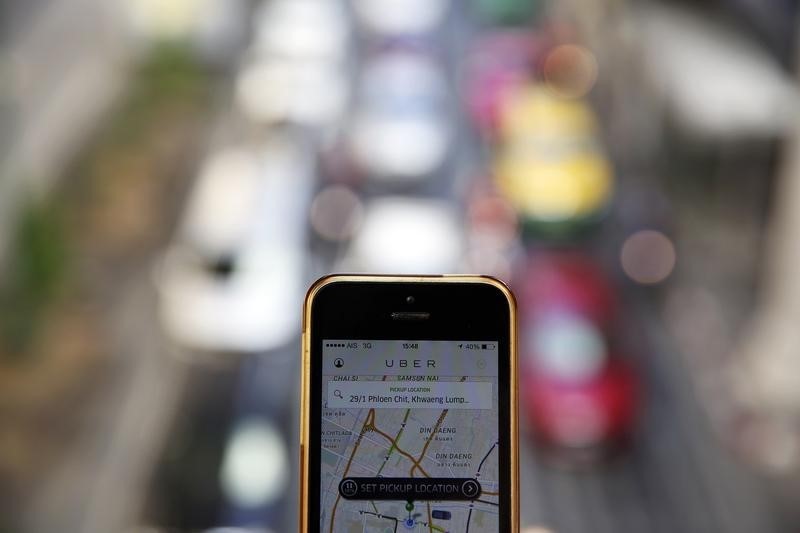This post was originally published on this site
https://i-invdn-com.investing.com/news/LYNXNPEC1N0H6_M.jpg
According to Díaz, if the EU forces Uber to reclassify drivers and couriers across the bloc as de facto employees, this could lead to a 50-70% reduction in work opportunities. This could subsequently result in significantly longer wait times for customers due to fewer drivers being available. To manage the costs of employment, Díaz stated that Uber would be forced to consolidate hours across fewer workers.
The new rules could also lead to a price hike for customers. Díaz warned that some cities could see prices increasing by up to 40%, making rides less affordable for consumers.
Despite these potential challenges, Díaz doesn’t expect these regulations to impact Uber’s profitability in Europe. She pointed out that the company has already demonstrated its ability to grow in countries like Germany and Spain using a third-party employment model. In Germany, for example, Uber contracts fleet management companies which results in higher prices and services limited to major cities.
The EU lawmakers are currently negotiating the final text of the Platform Work Directive, which is aimed at improving working conditions for gig workers. Most platform workers in the EU are categorized as self-employed, meaning they do not have access to labor rights and benefits.
Díaz urged lawmakers to approve rules that preserve self-employed workers’ desire for flexibility. She stressed that any changes should take into account the unique nature of gig work and the flexibility it offers to those who choose it.
This article was generated with the support of AI and reviewed by an editor. For more information see our T&C.

